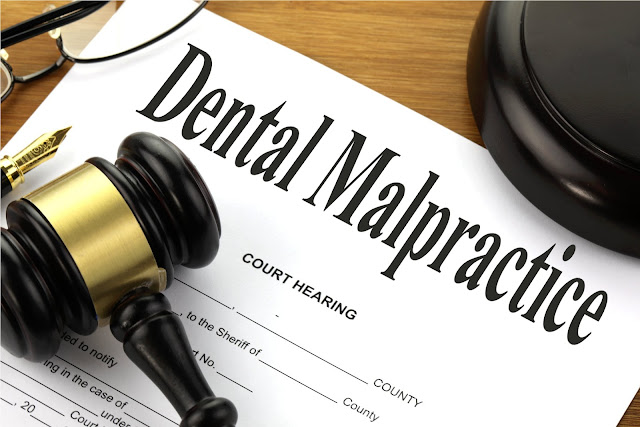Dental Malpractice: Understanding, Preventing, and Addressing the Issue
When we visit a dentist, we place our trust in their hands, expecting professional care to maintain or improve our oral health. However, there are instances where dental treatment goes wrong, resulting in severe consequences for patients. This issue is known as dental malpractice, and in this article, we will explore what it entails, how to prevent it, and what to do if you believe you are a victim of dental malpractice.
Understanding Dental Malpractice
Dental malpractice refers to the negligence or substandard care provided by a dentist, leading to patient harm. This harm can encompass a wide range of complications, including:
- Misdiagnosis: Dentists may misdiagnose conditions, leading to incorrect treatments or delayed care.
- Surgical Errors: During dental surgeries or procedures, mistakes can occur, such as nerve damage, improper extractions, or infections.
- Inadequate Infection Control: Failure to maintain a sterile environment can result in infections, putting patients' health at risk.
- Prescription Errors: Dentists may prescribe the wrong medication or dosage, causing adverse reactions or complications.
Preventing Dental Malpractice
Preventing dental malpractice starts with both patients and dental professionals taking responsibility:
- Research: Patients should research their dentists, checking their credentials, reviews, and history of malpractice claims.
- Communication: Effective communication between dentists and patients is crucial. Patients should openly discuss concerns, medical history, and treatment options.
- Informed Consent: Dentists must obtain informed consent from patients, explaining risks, benefits, and alternatives to any proposed treatment.
- Continued Education: Dentists should continually update their knowledge and skills through professional development courses.
- Record-Keeping: Thorough and accurate record-keeping is essential for both dentists and patients to track treatments and outcomes.
What to Do If You Suspect Dental Malpractice
If you suspect you are a victim of dental malpractice, take the following steps:
Contact the Dentist: Discuss your concerns with your dentist. Sometimes, misunderstandings or complications can be resolved through communication.
Consult Another Dentist: Seek a second opinion from a different dentist to assess the situation objectively.
File a Complaint: If malpractice is evident, consider filing a complaint with your state's dental board or licensing authority.
Legal Action: In severe cases, consult an attorney experienced in medical or dental malpractice to explore legal options.
Conclusion
Dental malpractice is a serious issue that can have far-reaching consequences for patients. By understanding what it entails, taking preventive measures, and knowing what to do if you suspect malpractice, you can protect your oral health and seek justice when necessary. Remember, your dental care should always prioritize your well-being, and holding negligent professionals accountable is essential for the safety of all patients.



Comments
Post a Comment